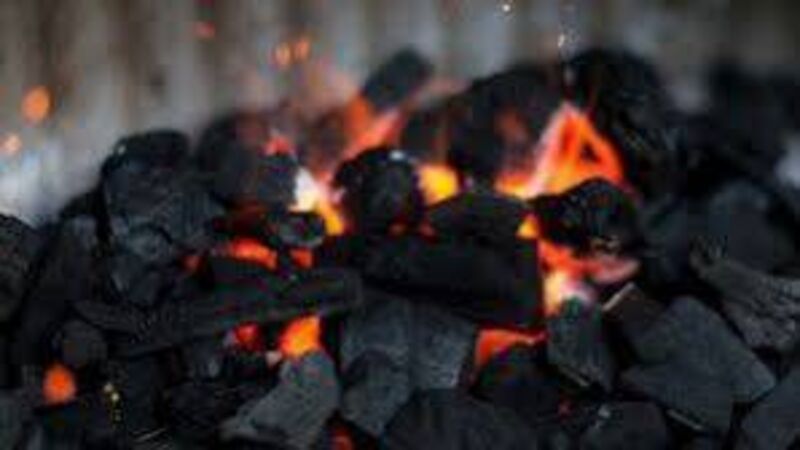Smoky Coal: Ban imminent as government steps up a gear on public health

The Goverment looks set to ban smoky coal in Ireland and regulate alternative fuels like peat, turf and wood. File Picture.
The European Environment Agency (EEA) has highlighted how there were 1,410 premature deaths arising from air pollution in Ireland in 2018.
And, with an emphasis on public health and air pollution, a consultation process has been launched after a concerted approach by the Government looks set to bring an end to the sale and burning of smoky coal in Ireland.










